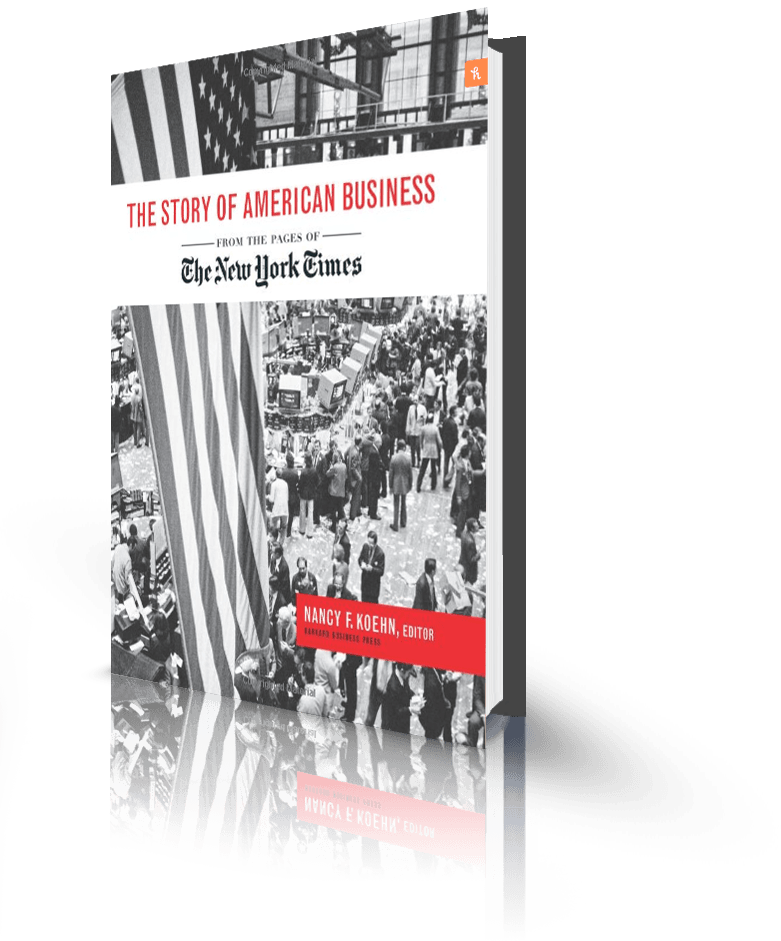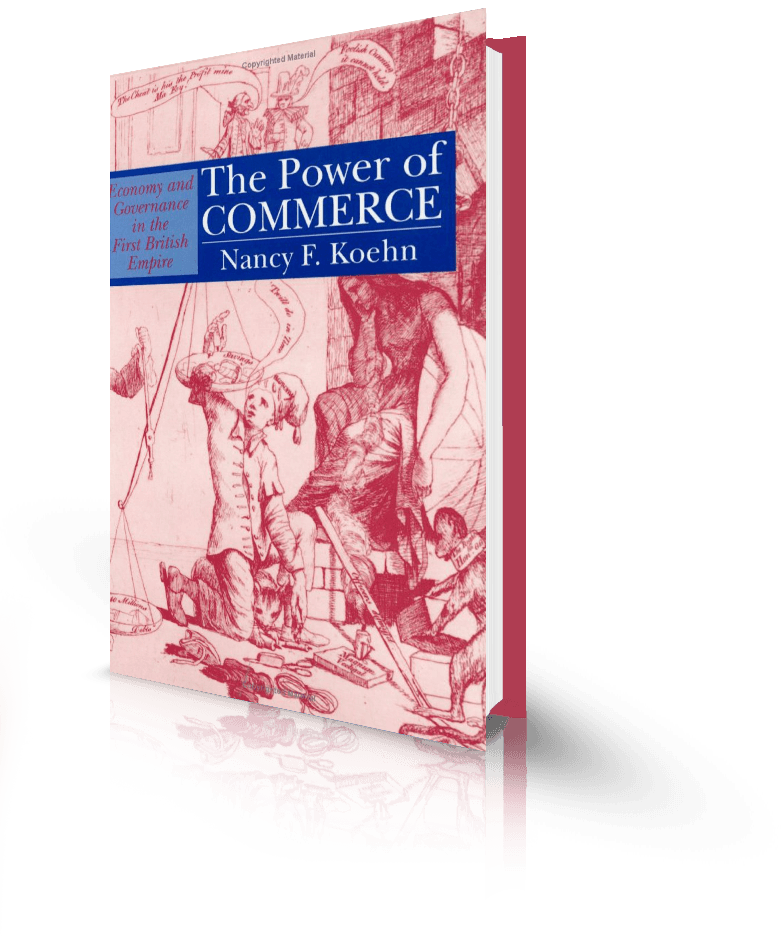

“A close analysis of five gritty leaders whose extraordinary passion and perseverance changed history. A gripping read on a timeless and timely topic!”
-Angela Duckworth, Bestselling Author of Grit
What do such disparate figures have in common? Why do their extraordinary stories continue to amaze and inspire? In her “enthralling…fascinating look at a varied group of heroes” (Publishers Weekly), Nancy Koehn offers a remarkable template by which to measure our aspirations and, also, to judge those in our time to whom we’ve given our trust.
Featuring “five stand-alone case studies that are well-written and interesting” (The New York Times), Koehn begins each section by showing her protagonist on the precipice of a great crisis: Shackleton marooned on an Antarctic ice floe; Lincoln on the verge of seeing the Union collapse; escaped slave Douglass facing possible capture; Bonhoeffer agonizing over how to counter absolute evil with faith; Carson racing against the cancer ravaging her in a bid to save the planet. Readers then learn about each person’s childhood and see the individual growing—step by step—into the person he or she will ultimately become. Significantly, as we follow each leader’s against-all-odds journey, we begin to glean an essential truth: leaders are not born but made. In a book dense with epiphanies, the most galvanizing one may be that the power and courage to lead resides in each of us.


Polar explorer Sir Ernest Shackleton never achieved any of the goals he originally set for himself. But when confronted with crushing adversity, he inspired his men to work together to survive against incredible odds. While stranded on an ice floe 1,200 miles from civilization, Shackleton’s discipline, resilience, and heroism overcame months of hardship and peril to get all his men to safety. Here, in this short-form book, Harvard Business School historian Nancy Koehn writes that his is an example from which every leader can learn.


Harvard Business School historian Nancy Koehn provides an inspiring example of a leader who leads not just from the head but also from the heart. Her name: Oprah Winfrey. Here, in this brief eBook, is the story of how she built a media empire and the lessons she learned that you can apply to your own work and life.


Harvard Business School historian Nancy Koehn provides a powerful lesson on brand stewardship and its importance in time of crisis. Her subject: Oprah Winfrey. When the integrity of your brand is in danger, Koehn advises, follow Oprah’s lead. Return to your core values. Level with your customers. Prove that you mean it.
How would Oprah respond, this thoughtful entrepreneur, who has used her empathy and vision and sense of responsibility to create one of the most powerful brands in history? In the crucible created by the James Frey controversy, what kind of leadership would Oprah exercise?


For more than 150 years, The New York Times has been the United States’ newspaper of record. With unmatched breadth, depth, and quality of reporting, its coverage is consistently authoritative and absorbing.
This unique collection of the Times’ most fascinating and relevant articles about business opens a compelling window onto how one of the most powerful economies in human history came to be, including the men and women who have helped create it. Introduced and narrated by Harvard Business School historian Nancy Koehn, The Story of American Business walks you through content ranging from feature stories to in-depth news analysis to obituaries, spanning the 1850s to today.
Exploring the people, trends, and pivotal events that have shaped business in America, Koehn has organized the book around a number of important themes, including:
- The rise of big business, mass production, a national market, and the modern U.S. economy,
- Wall Street—its origins, key players, influence, and evolution,
- Leadership—from robber barons to corporate rock stars,
- And much more—including the growth of our consumer society, changing women’s roles, development of the labor movement, the rise of the service economy, and the impact of corporate scandals.
Absorbing and thought-provoking, The Story of American Business provides a much-needed glimpse into our past and a vital lens for understanding our future.


This work contains short biographies of six extraordinary entrepreneurs: Josiah Wedgwood, Henry Heinz, Marshall Field, Estee Lauder, Howard Schultz and Michael Dell, bringing to life how they built enduring connections between their companies and their customers. Included in the book is a rich examination of the relationship among the entrepreneur, the company and the customer, and how the brand results from and ultimately represents that relationship. Lessons from the six legendary brand-builders show how vision and values can transform both traditional and online businesses. This work outlines the strategic importance of brand creation and its translation into enduring organizations.


What price do states pay for becoming and remaining world powers? Why did the first greatly expanded British Empire collapse so rapidly? Nancy Koehn here recounts the urgent challenges that confronted the British in the ten-year period following their overwhelming victory in the Seven Years War. Koehn shows that imperial dominance made novel demands on practical policymaking and with great power comes great vulnerability.
In 1763, at the conclusion of the Seven Years War, Britain gained dominion over lands as vast as Canada and India, as tiny as Tobago and Senegal. As a new colonial power, the mother country had to find funds to manage and defend these territories, grapple with an unprecedented national debt, and promote growth in the newly industrializing economy at home and in trade with partners abroad. By examining the interconnections between economic and imperial politics, Koehn closes the gap that separates economic history from political, social, and cultural history.
Koehn analyzes a fascinating range of primary sources, and she includes a series of stories about articulate and occasionally eccentric Britons, who found themselves taking part in what they knew to be a crucial chapter in their empire’s history. Her assessment of how eighteenth-century Britain managed the economic and political challenges of international supremacy has important implications for understanding the imperial trajectories of later world powers, including the United States, Russia, and Japan in the twentieth century.